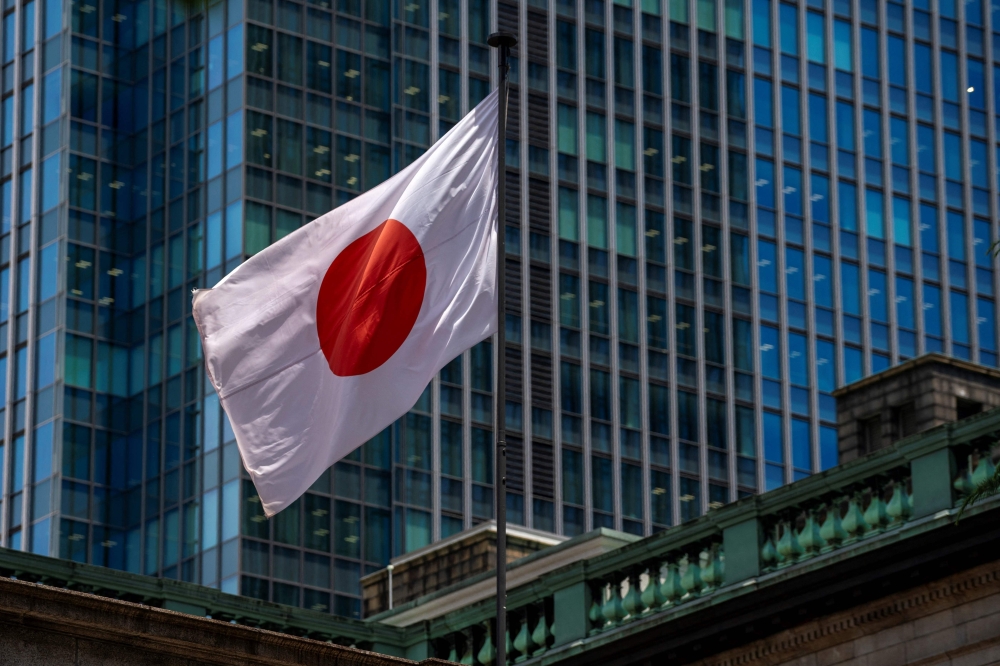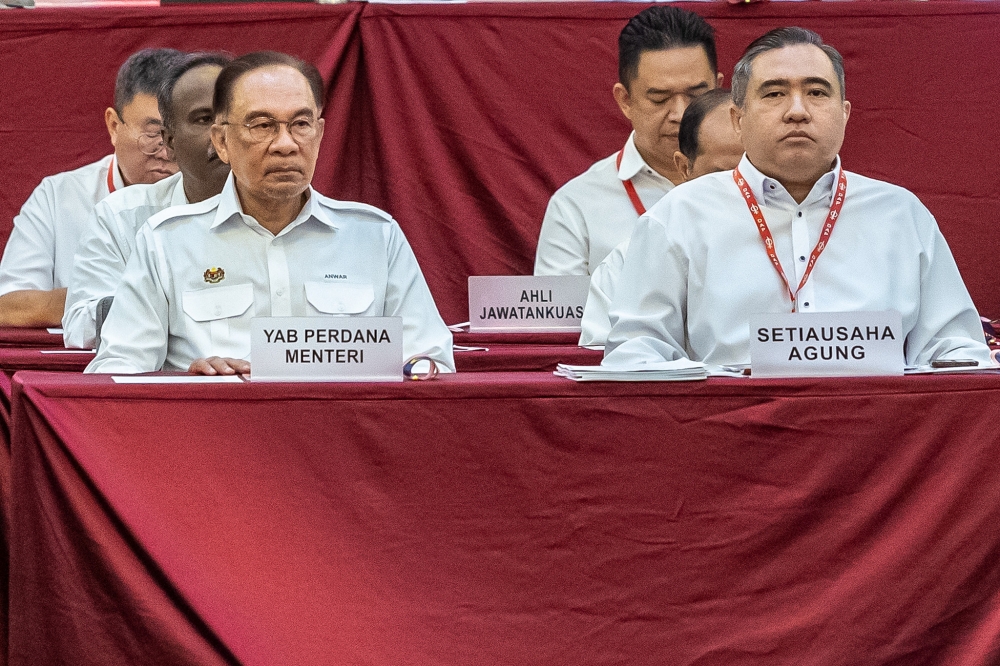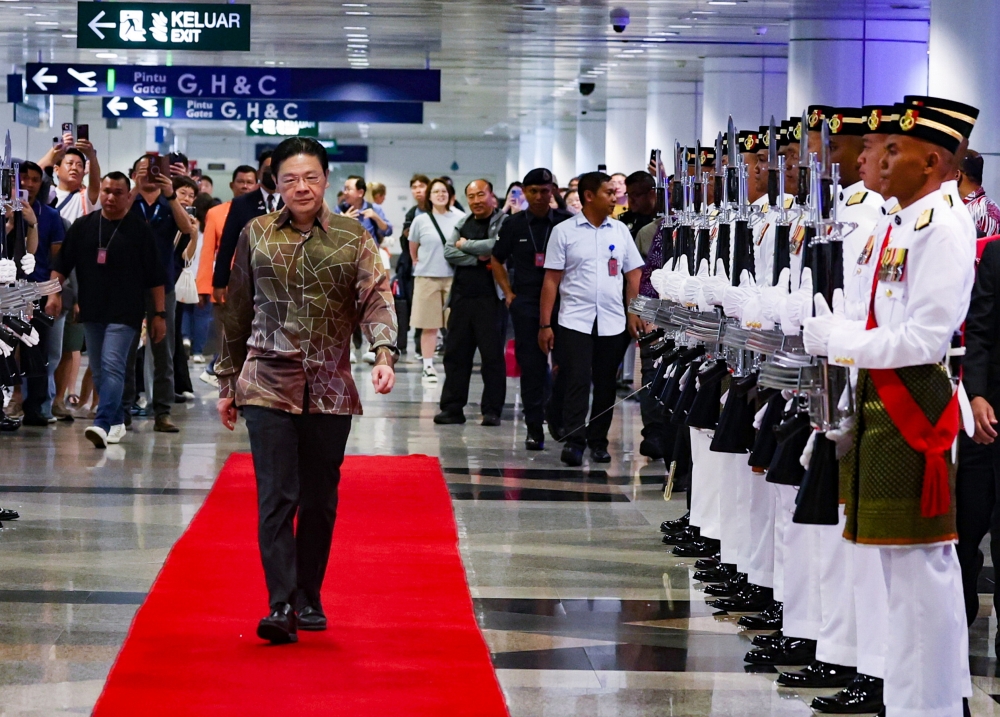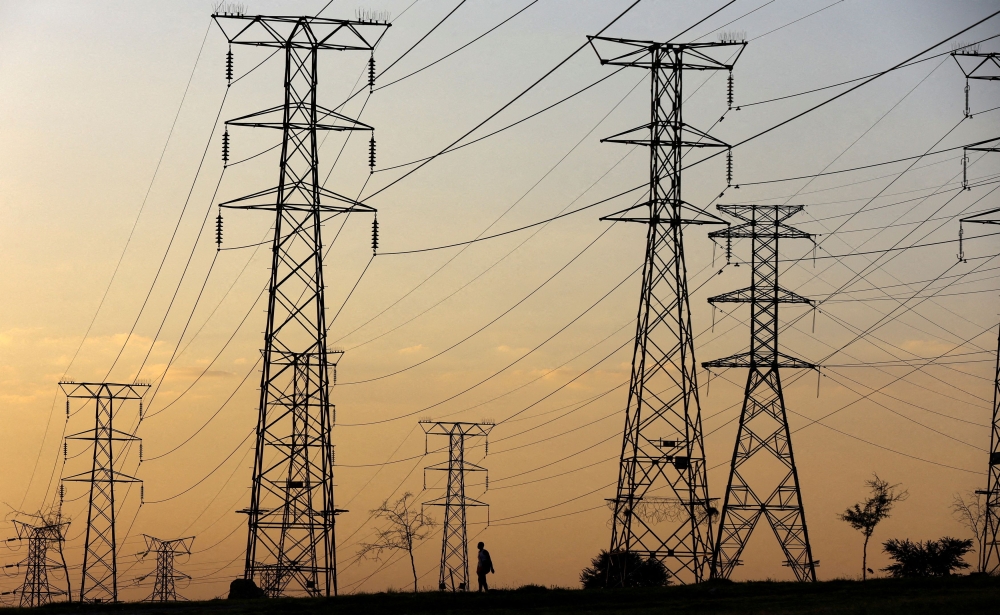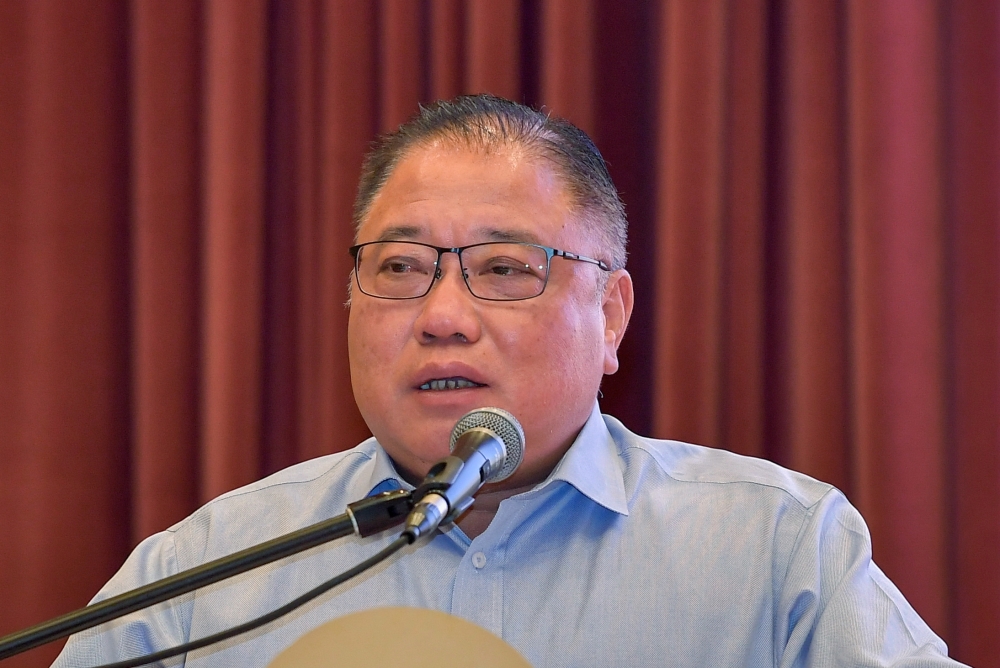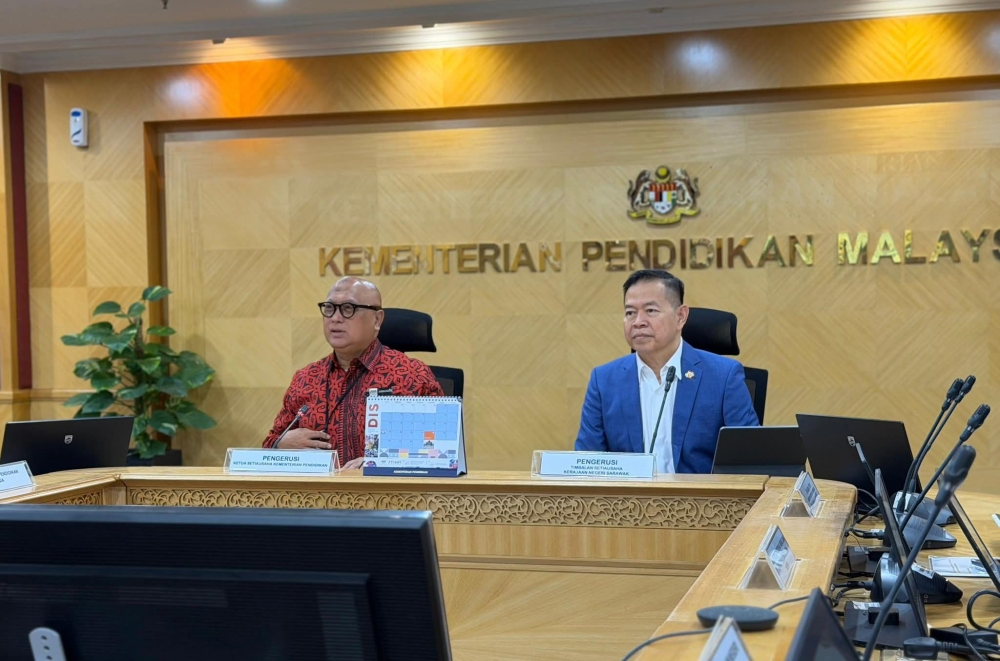- More than 23.6 million domestic users in peninsular Malaysia will benefit from lower and fairer electricity tariffs under a revised structure starting 1 July 2025.
- The average base tariff has been reduced to 45.40 sen/kWh, with incentives for energy-efficient users and extended off-peak hours introduced to promote lower consumption.
- Special rebates and social support will continue, while a more transparent bill format and a new fuel adjustment mechanism will reflect actual monthly costs.
PUTRAJAYA, June 20 — More than 23.6 million domestic electricity users in peninsular Malaysia are set to benefit from fairer and more progressive rates under a newly approved tariff structure that will come into effect from July 1.
The new electricity tariff, which will run until December 31, 2027, falls under the Fourth Regulatory Period (RP4) of the Incentive-Based Regulation framework governed by the Electricity Supply Act 1990.
“The tariff revision involves a restructuring of the average base tariff rate, a new tariff schedule, and a revamped fuel cost adjustment mechanism,” the Energy Commission said in a statement today.
The average base tariff has been revised to 45.40 sen/kWh, slightly lower than the 45.62 sen/kWh approved in December 2024, resulting in an overall average tariff reduction of up to 19 per cent compared to the previous regulatory period.
Under the new tariff schedule, users will now be categorised based on voltage levels — domestic and non-domestic — while charges will reflect actual costs across energy, capacity, network, and retail components.
The Energy Efficiency Incentive will benefit domestic users who consume 1,000 kWh or less, while non-domestic users using under 200 kWh will also be eligible for incentives.
The Time of Use scheme has been updated to include extended off-peak hours from 10pm to 2pm on weekdays and all day on weekends, to encourage consumption during low-demand periods.
The government will continue to offer social support, including special tariffs for agriculture, water services, and rail operators, a 10 per cent rebate for schools, places of worship and welfare homes, and a monthly RM40 rebate for hardcore poor households registered under e-Kasih.
Electricity bills will adopt a more detailed itemised format to improve transparency, with energy-conscious users likely to see further savings.
The new Automatic Fuel Adjustment mechanism will replace the current Imbalance Cost Pass-Through system, with adjustments made based on monthly fuel prices and exchange rates.
Consumers can check their new rates from June 21 and use a bill calculator available from June 23 on the official TNB website.


